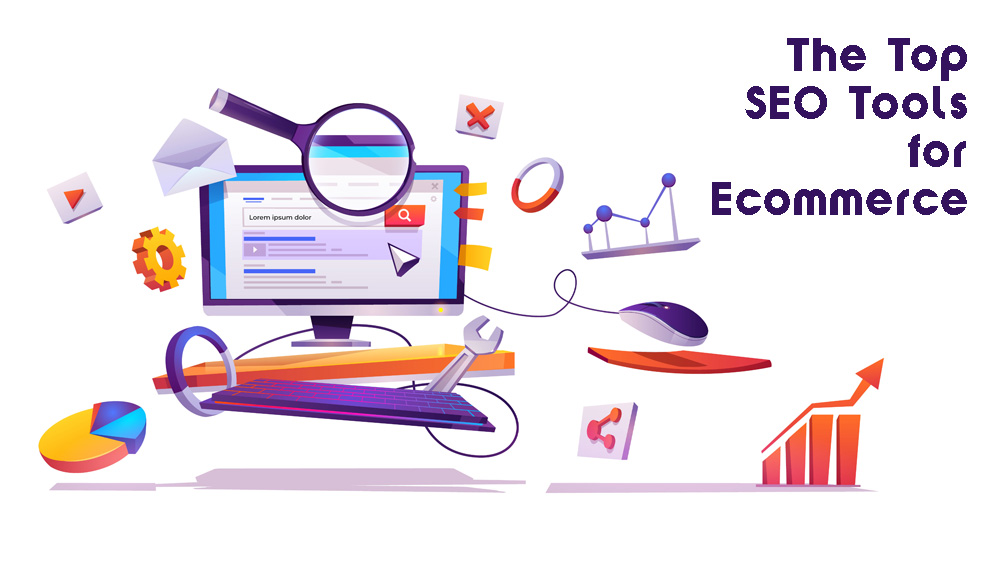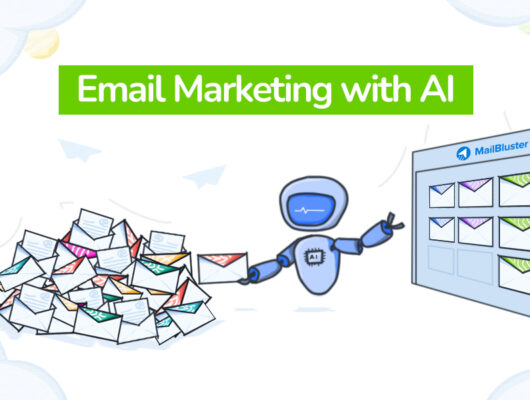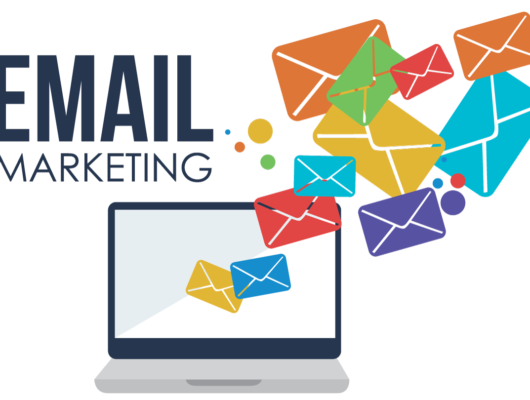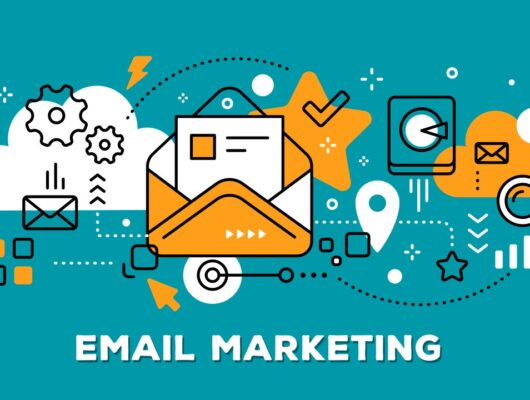1. Google Analytics: Understand Your Traffic and User Behavior
Google Analytics is one of the most essential tools for any e-commerce store. It provides comprehensive insights into your website’s traffic, helping you understand where your visitors are coming from, how they interact with your site, and which pages drive the most conversions.
- Track e-commerce performance: Set up e-commerce tracking to monitor key metrics like sales, conversion rates, and average order value. This helps you understand the effectiveness of your product pages and marketing campaigns.
- User behavior analysis: Understand how visitors navigate your site, where they drop off, and which pages are most engaging. This data can inform your website optimization efforts and help improve user experience.
- Goal tracking and reporting: Track specific goals, such as product views, add-to-cart actions, and purchases. Use this data to adjust your marketing strategies and optimize your conversion funnel.
2. Mailchimp: Streamline Your Email Marketing Campaigns
Email marketing remains one of the most effective ways to engage customers and drive repeat sales. Mailchimp is a leading email marketing platform that offers automation features, segmentation tools, and A/B testing to optimize your email campaigns.
- Automated email sequences: Set up automated workflows to nurture leads and drive conversions. This includes welcome emails, abandoned cart reminders, order confirmations, and post-purchase follow-ups.
- Segmentation: Mailchimp allows you to segment your email list based on customer behavior, purchase history, and demographics. This enables you to send targeted messages that resonate with different customer groups.
- Analytics and reporting: Track open rates, click-through rates, and conversion rates to measure the performance of your campaigns. Use A/B testing to refine your messaging and improve results.
3. Hootsuite: Manage Social Media Marketing Effectively
Social media is a powerful platform for e-commerce marketing, but managing multiple accounts and scheduling posts can be time-consuming. Hootsuite is a social media management tool that simplifies this process, allowing you to manage all your social profiles in one place.
- Scheduled posts: Plan and schedule posts across multiple platforms, including Facebook, Instagram, Twitter, LinkedIn, and Pinterest. This ensures a consistent posting schedule and frees up time for other tasks.
- Social listening: Monitor mentions of your brand, products, or industry keywords to stay on top of trends and customer feedback. Engage with users in real-time and address concerns or comments promptly.
- Analytics: Track the performance of your social media campaigns by analyzing engagement, reach, and conversions. This helps you understand what content resonates most with your audience.
4. SEMrush: Boost Your SEO Performance
Search engine optimization (SEO) is crucial for attracting organic traffic to your e-commerce store. SEMrush is an all-in-one SEO tool that helps you improve your website’s search engine ranking through keyword research, on-page SEO audits, and competitor analysis.
- Keyword research: Find high-traffic keywords related to your products and optimize your content around them. SEMrush provides valuable data on search volume, competition, and keyword difficulty to help you target the right keywords.
- On-page SEO analysis: Use SEMrush to audit your website’s SEO performance. The tool will provide recommendations for improving your website’s structure, content, and metadata to rank better on search engines.
- Competitor analysis: Track your competitors’ SEO performance and identify gaps in your own strategy. Understand what keywords they are ranking for and see what backlinks they are using to boost their domain authority.
5. OptinMonster: Grow Your Email List with Effective Lead Capture
Growing your email list is a key component of any successful e-commerce marketing strategy. OptinMonster is a lead generation tool that helps you capture visitors’ information through various types of opt-in forms.
- Exit-intent popups: Display exit-intent popups to capture the attention of visitors who are about to leave your site. Offer them an incentive, such as a discount, in exchange for their email address.
- Floating bars and slide-ins: Use non-intrusive popups, like floating bars or slide-ins, to encourage visitors to subscribe without disrupting their shopping experience.
- A/B testing: Optimize your opt-in forms by conducting A/B tests to determine which designs, offers, and messaging yield the best results.
6. Canva: Create Stunning Visuals for Your Marketing Campaigns
In e-commerce, visual content plays a major role in attracting customers and improving engagement. Canva is a user-friendly graphic design tool that helps you create eye-catching graphics, ads, and social media posts without the need for advanced design skills.
- Customizable templates: Canva offers a variety of pre-designed templates for banners, ads, social media posts, and more. Customize these templates to match your brand’s aesthetic.
- High-quality visuals: Use Canva’s vast library of stock photos, illustrations, and icons to create professional-looking designs that grab attention and highlight your products.
- Brand kits: Store your brand’s color palette, logo, and fonts in Canva’s brand kit for easy access. This ensures consistency across all your marketing materials.
7. Klaviyo: Advanced Email Marketing for E-Commerce
Klaviyo is an email marketing platform specifically designed for e-commerce businesses. It offers advanced features for segmentation, personalization, and automation to help you maximize your sales through email campaigns.
- Customer segmentation: Create highly targeted email campaigns by segmenting your audience based on browsing behavior, purchase history, and other customer data.
- Personalized recommendations: Use Klaviyo’s dynamic content features to send personalized product recommendations to customers based on their previous interactions with your store.
- Advanced automation: Set up automated flows for abandoned cart reminders, post-purchase follow-ups, and re-engagement campaigns to keep customers coming back.
8. Shopify: E-Commerce Platform with Built-In Marketing Tools
Shopify is one of the most popular e-commerce platforms, offering a range of marketing tools that help you manage and grow your online store. Whether you’re a new business or an established brand, Shopify provides a user-friendly interface to manage products, process payments, and implement marketing strategies.
- Discount and promotion management: Create discount codes, flash sales, and bulk pricing options directly within Shopify to incentivize purchases.
- Integration with third-party tools: Shopify integrates seamlessly with a wide range of marketing tools, such as Mailchimp, Google Analytics, and Facebook Ads, making it easy to run cohesive marketing campaigns across multiple platforms.
- SEO tools: Shopify includes built-in SEO features that help you optimize your product listings, blog posts, and pages for search engines.
9. AdEspresso: Optimize Your Facebook Ads
Facebook Ads are a powerful way to reach your target audience and drive sales, but managing them effectively requires specialized tools. AdEspresso is a platform that helps you optimize your Facebook and Instagram ad campaigns through A/B testing, analytics, and automated campaign management.
- Ad creation and testing: Easily create multiple ad variations and test them to determine which images, copy, and calls to action generate the best results.
- Ad performance tracking: Monitor your ad campaigns in real-time to understand which ads are performing best and make adjustments as needed.
- Detailed analytics: Get in-depth insights into your campaigns, including click-through rates, conversion rates, and return on ad spend (ROAS), to help you optimize your ad budget.
10. Yotpo: Collect and Display Customer Reviews
Customer reviews are an essential form of social proof that can help boost sales and build trust with your audience. Yotpo is a platform that enables e-commerce businesses to collect and display customer reviews, ratings, and photos.
- Automated review requests: Send automated emails asking customers to leave a review after they’ve made a purchase. This makes the process seamless and increases the likelihood of receiving feedback.
- User-generated content (UGC): Display customer photos and reviews on your product pages to provide social proof and increase trust among potential buyers.
- Ratings and reviews syndication: Syndicate your product reviews to Google, allowing them to appear in search results and Google Shopping ads, increasing visibility and credibility.
Conclusion
The right set of marketing tools can help e-commerce businesses streamline their processes, reach more customers, and ultimately increase sales.
From driving traffic with SEO tools like SEMrush to engaging customers through email platforms like Klaviyo and Mailchimp, these tools provide the automation, analytics, and insights needed to optimize your marketing efforts.
Whether you’re focusing on social media management, customer reviews, or visual content creation, using the right tools will ensure that your e-commerce business stays competitive and grows effectively.







